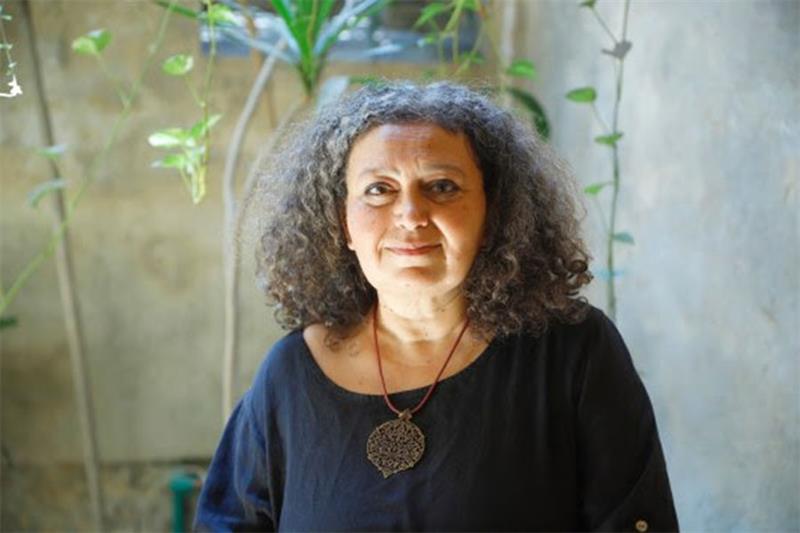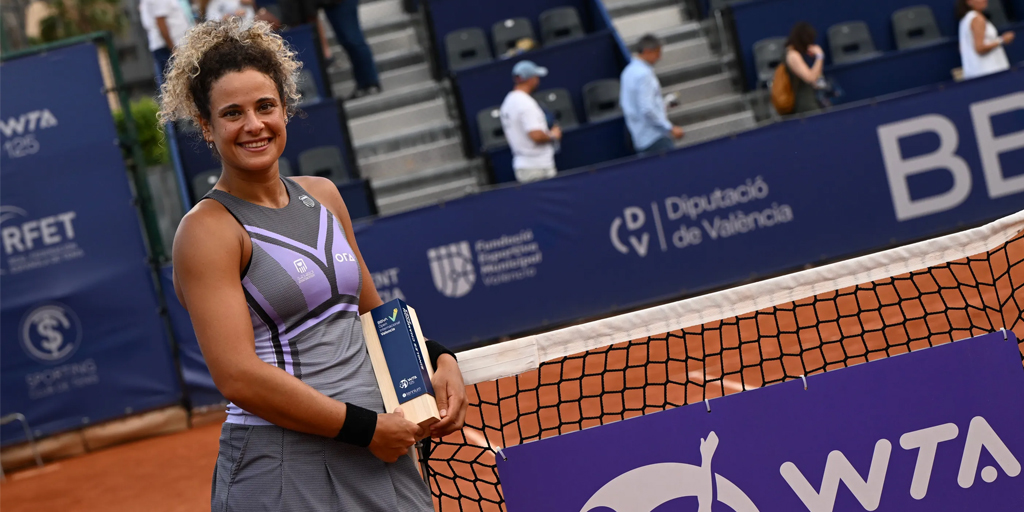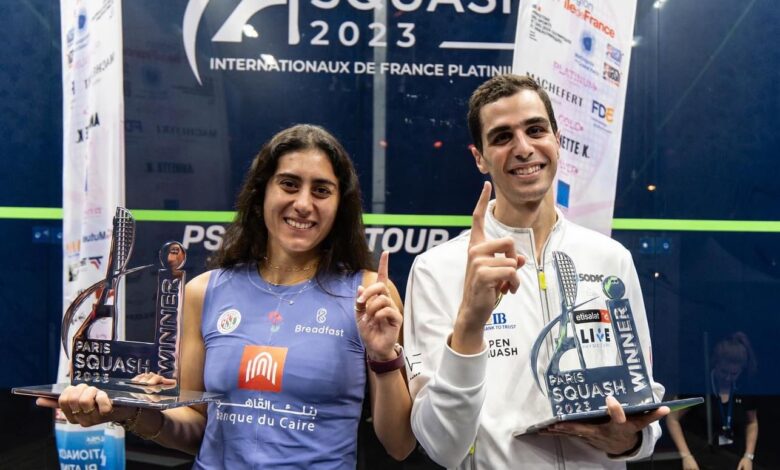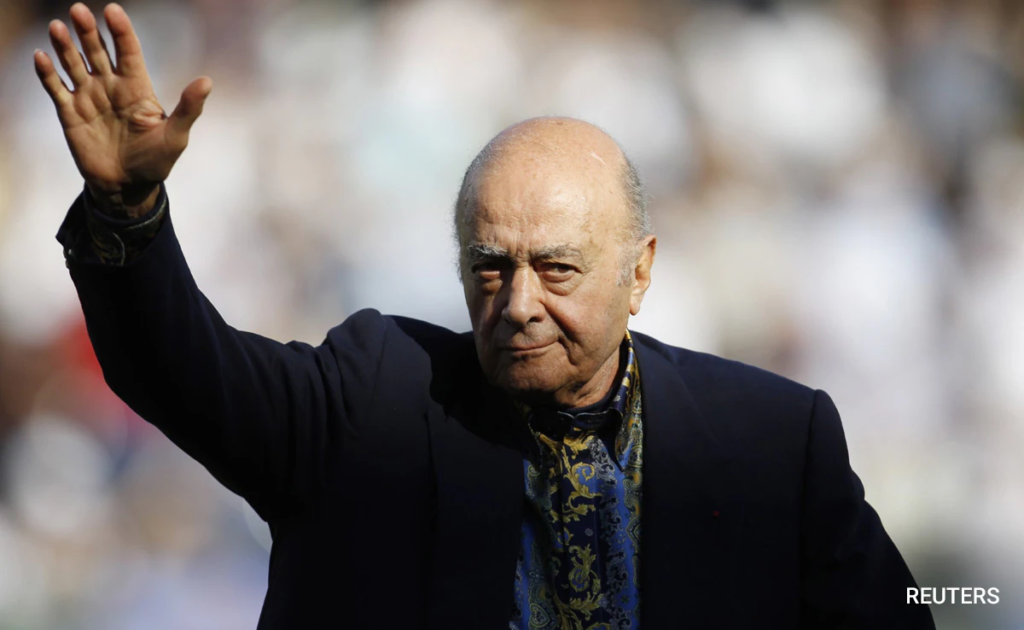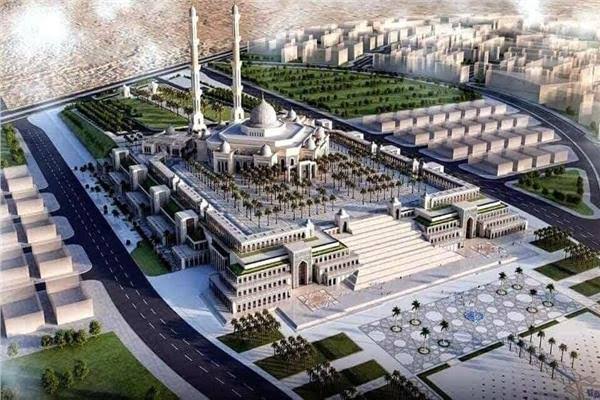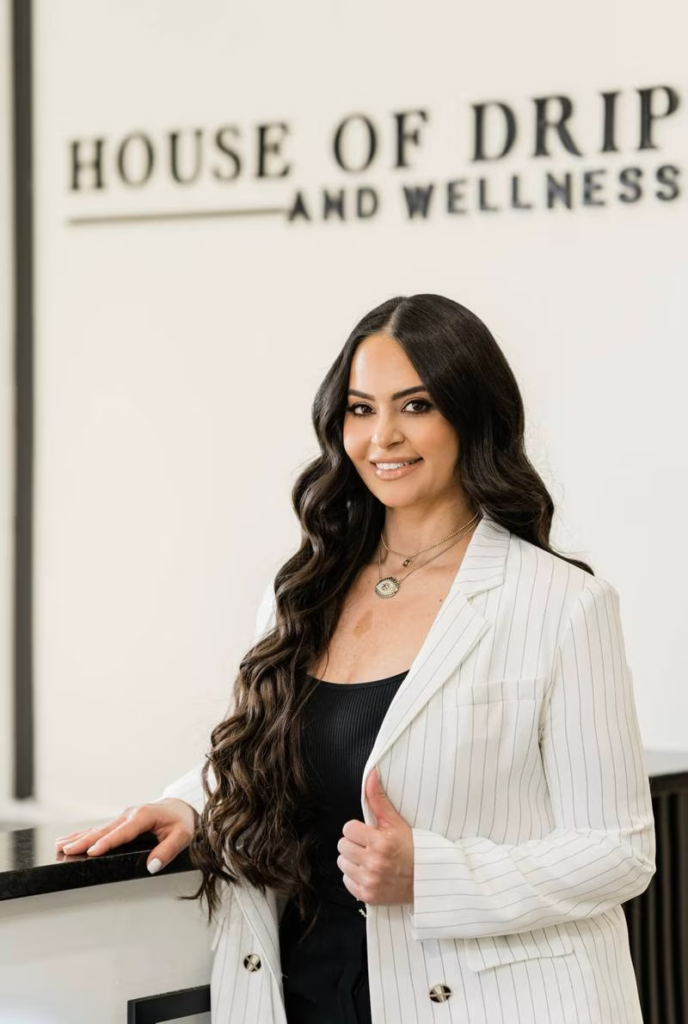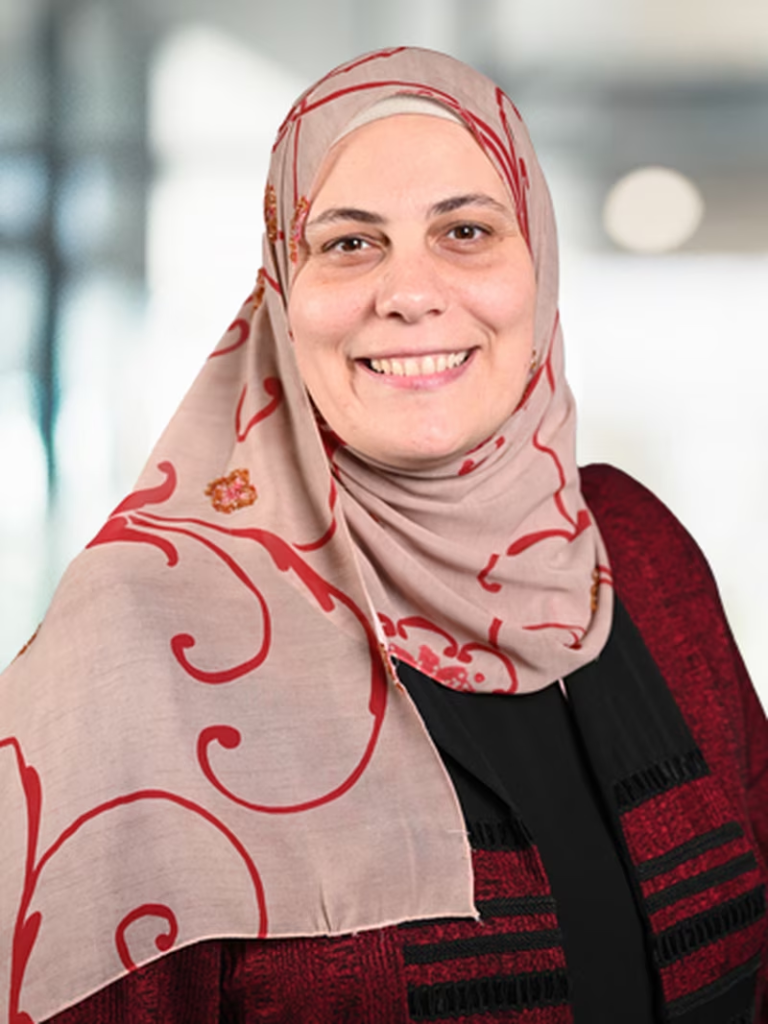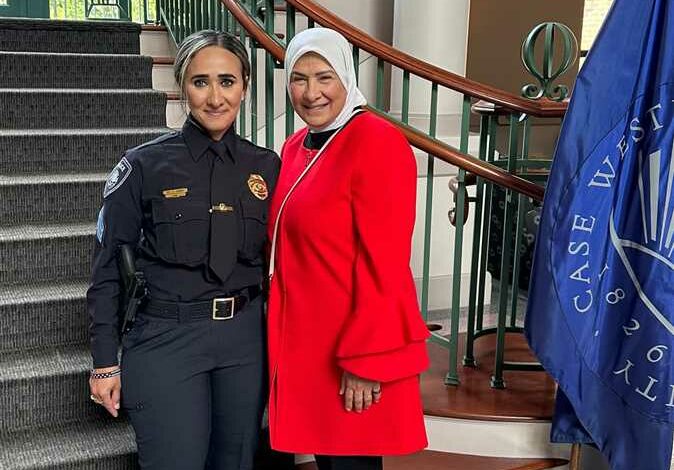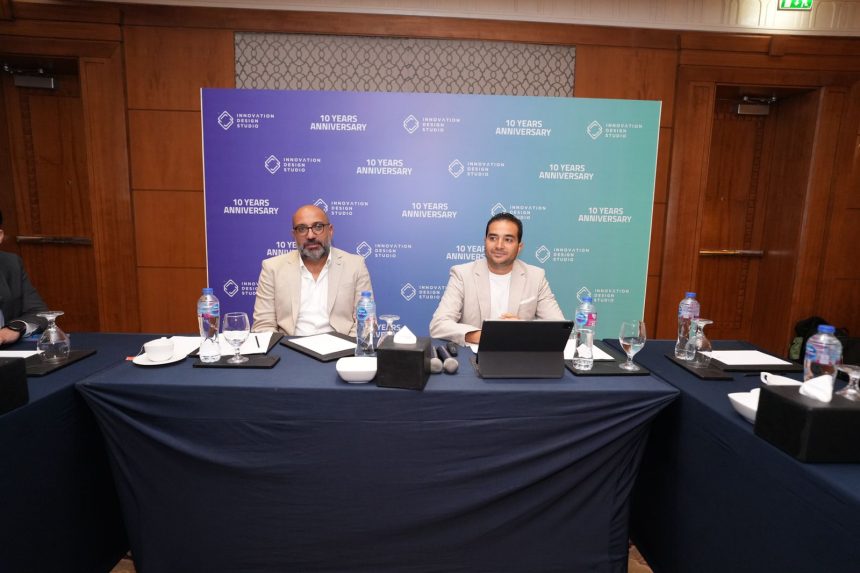In her historical novel Cotissica, Ghada El-Absy depicts the story of the Greek adventurer and entrepreneur Theochari Kozzika (Egyptians pronounce the name in an Italian manner) and – in contrast – the life of a working-class Egyptian family.
Overwhelmed with dreams of wealth and prestige, Theochari arrives in Alexandria just after the Orabi Revolution (1879-1882) to live with his uncle Yanni and his wife.
Yanni does not help Theochari much except to give him advice, the most prominent is “middlemen are the new [Greek] gods.”
Theochari’s insatiable desire for money is evident when he allocates his uncle’s ships to repatriate Greeks from Alexandria during the bloody civil strife that erupted between foreigners and Egyptians in 1882 that culminated in the British bombardment of Alexandria and their ensuing conquest of Egypt.
El-Absy describes in detail an incident in which the British Consul’s Maltese servant, Francisco Zamit, starts a fight with an Egyptian coachman, stabbing him and taking shelter with the Maltese and the Greeks.
This is followed by fighting between the foreign communities in Alexandria, armed with pistols and guns, and Egyptians, carrying cudgels and sticks. The foreigners were driven by hatred and arrogance towards Egyptians, who in turn, felt humiliated in their own land until the Orabi Revolution awakened their wounded dignity.
One of the most unforgettable scenes in the novel is when a brave Egyptian man kills one of his countrymen who menaces a group of female Greek swimmers. The man leads the girls to safety, only to be shot by both the father and brother of one of the girls, who think that he is the one threatening them! One of the girls he saves, Angeliki, becomes Theochari’s wife later on and does charity, hoping to compensate the countrymen of this unknown hero.
Following the British occupation of Egypt, Theochari is joined by his younger brother, Polichronis.
Soon, Polichronis proved to be an indispensable partner for his elder brother through his exceptional skills in influencing and persuading people. Thus, Theochari decided to lay the plans and leave the execution of them to his younger brother.
Theochari took charge of providing the British troops with supplies during their Sudan campaign (1881-1899). He leaves Alexandria, establishing two factories in Tora, Cairo. One is for making alcohol for medical uses and the other is a brewery for making beer.
He makes the decision to move to Tora in order to be far away from both the greedy eyes of the British, who insist on taking a cut from every big business, and from the big Greek competitors, such as Gianaclis, owner of the famous wine factory.
El-Absy also provides a narrative from another universe, that of the family of Abdel-Alim, an Egyptian who works in Kozzika’s brewery.
This profession is a source of conflict within Abdel-Alim’s family. Whenever a male baby dies, his wife, Sabra, pours curses on him due to his profession, which is prohibited by Islam. In order to appease her, he gives her false promises that he will stop working in the brewery. He swings between staying and leaving until his best friend and co-worker takes him to hear a budding songstress, none other than Oum Kalthoum!
Abdel-Alim’s family is mired in superstitions and ignorance. For instance, Sabra asks a young man to put alms money, which she begged for, in a bundle and throw it in the street after walking for a while in order to make her son Talaat live, unlike his previous brothers.
El-Absy, who is a medical doctor, narrates an unbelievable story in which the jealous mother-in-law of Shawqia, Sabra’s most intimate friend and midwife, pays another midwife to let Shawqia’s baby die during delivery and then inserts a weasel into her womb to make her bleed and give her a hysterectomy.
Theochari and his brother begin to accumulate wealth, and all the while Abdel-Alim and his family are in a state of misery.
This misery is compounded by the inexplicable death of the husband of Abdel-Alim’s eldest daughter, Wedad, just ten days following the marriage. Following this calamity, Wedad resigns herself to sit beside the window for decades to become a clairvoyant. The rest of the daughters feel that their house is damned and join their mother in asking Abdel-Alim to stop working in the brewery so they can get married.
Throughout the novel, the author excessively merges Greek mythology with the minds, ideas, and words of Greek characters. For instance, after two and a half pages of engaging with and projecting mythological figures, the author says that Theochari was not that romantic!
El-Absy provides two friends and co-workers for Abdel-Alim: the Christian Anton and Samaan the Jew (this name is actually an error, as the Jewish name for Samaan is Sham’oon). These three characters are meant to convey the multi-confessional character of Egypt, with the three different religions working in the brewery in spite of it being taboo, at least for Muslims and Jews.
El-Absy, who is also a singer, devotes pages to Oum Kalthoum’s singing and the lyrics of her songs. It is this music that helps Abdel-Alim enter a phase of transcending intoxication and overcome his marital troubles.
However, one unconvincing scene is when Abdel-Alim, who is apparently illiterate, compares the establishment of the Tora Prison to the big prison in which Egypt is incarcerated.
The story of the Kozzika brothers continues through Theodore, Polichronis’ son. Theodore proves more than capable of managing the family business. He also has a much-publicized romantic affair with the American silent star Pearl White for the last ten years of her life.
Meanwhile, two of Abdel-Alim’s daughters marry, while the youngest, Set Abooha, shuns marriage, pursuing her studies and becoming a medical doctor. However, the only surviving son grows up, becomes a drug addict, kills one of his sisters, and steals her jewelry.
There are two scenes that were absolutely unnecessary. The first depicts Saad Zaghloul, the leader of the 1919 Revolution, in a dialogue with Sir Reginald Wingate, the British high commissioner. The second depicts Ahmed Aboud Pasha, the prominent Egyptian industrialist, talking to an unseen interlocutor about his career and his ambitions to seize the Kozzika brewery.
By this time, the winds had changed and the majority of foreigners had left Egypt after selling their businesses. This includes Theodore Kozzika, who sells his brewery and alcohol factory to Abboud Pasha, who converts them into a starch and glucose factory.
The novel consists of 35 chapters that are devoted either to the Kozzika or Abdel-Alim families, except in the final chapter where both families are mentioned together.
From the very first page, the author focuses on the mania of giving birth to male offspring among the Egyptian working classes represented by Sabra and her husband Abdel-Alim.
Ironically, the same tendency was also found in the Greek upper classes, albeit for totally different reasons, namely because the bride’s father paid the dowry.
This is demonstrated in a scene where Theochari’s wife, Angeliki, boils with jealousy when she learns that Polichronis’ French wife has given birth to a boy, while she gave birth to a girl.
source/content: english.ahram.org.eg (headline edited)
____________
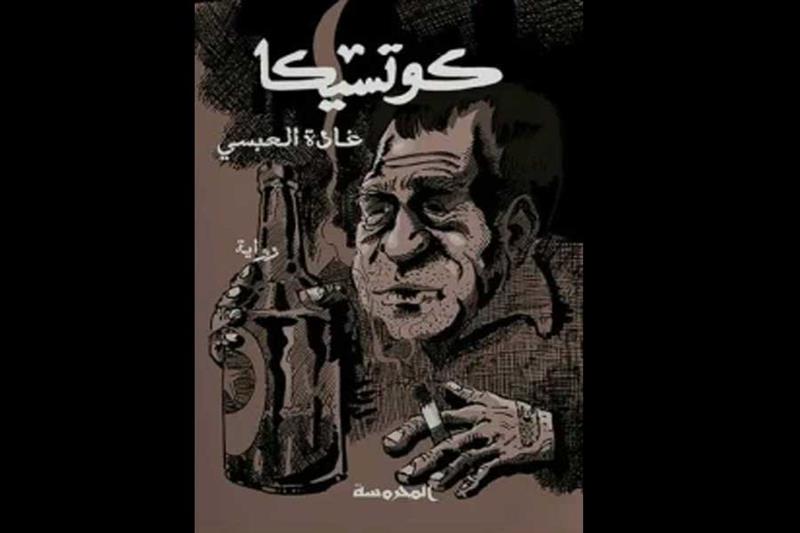
Cotissica, by Ghada El-Absy, Cairo: Al-Mahrousa Publishing, 2021. pp. 375
__________
EGYPT

